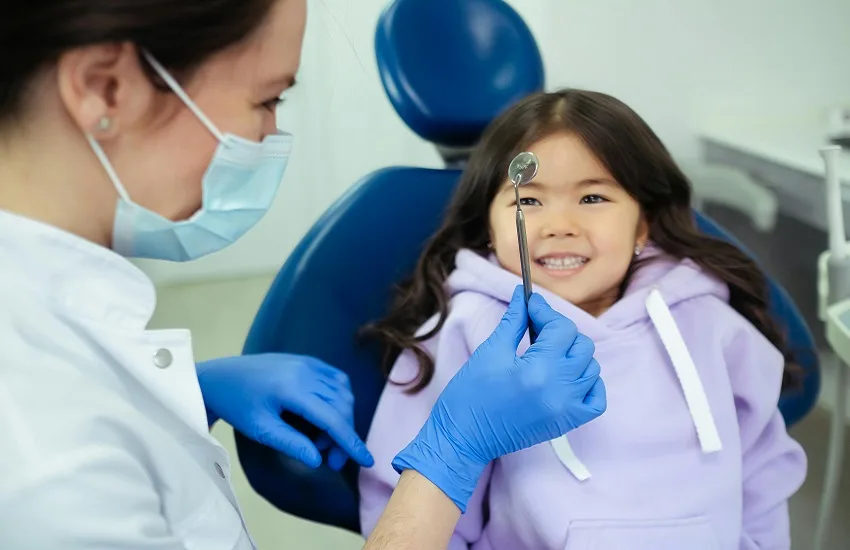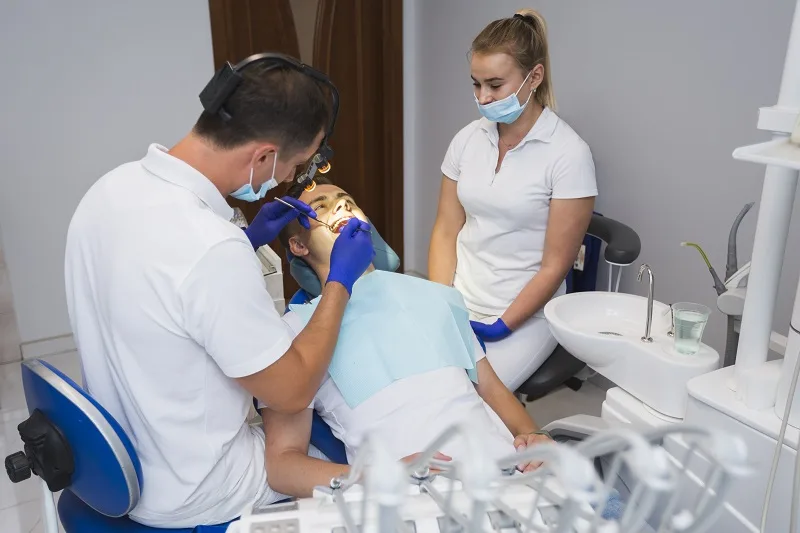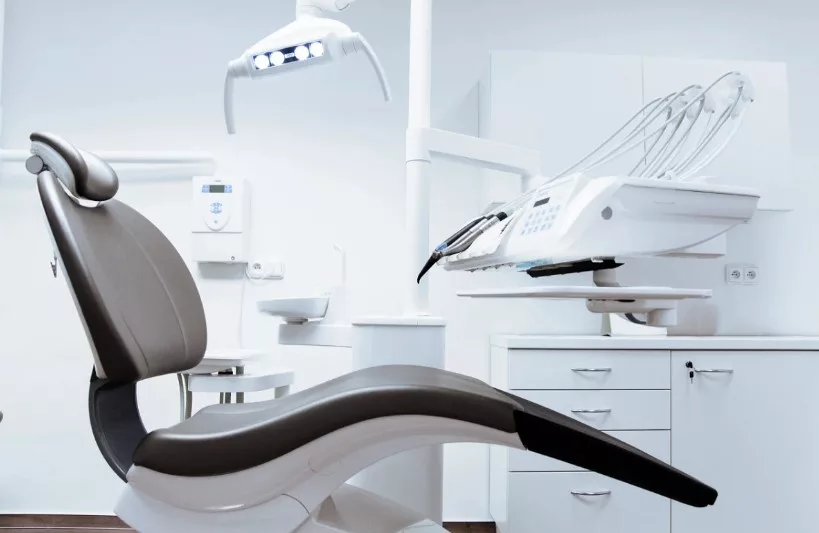Oral health plays a pivotal role in overall well-being, particularly during a child’s formative years. As caregivers, adopting a proactive stance in safeguarding the oral health of your children is imperative. Instilling wholesome oral hygiene practices from an early age lays the groundwork for a lifetime of robust teeth and gums. This article will explore pivotal factors for parents to consider in promoting optimal oral health in their children.
Initiate Early Oral Care
An essential aspect of maintaining good oral health in children is starting early. Prior to the emergence of the first tooth, it is advisable for parents to delicately cleanse their baby’s gums using a soft, damp cloth.
This preliminary action serves not only to promote a clean environment but also to cultivate a positive connection with oral care right from the beginning. As the teeth start to appear, make a smooth transition to a small, soft-bristled toothbrush designed for infants. This gradual progression in tools aligns with a child’s dental development, ensuring comfort and effectiveness.
Monitor Diet and Nutrition
The food and drinks children consume significantly impact their oral health. Limiting sugary snacks and beverages is crucial in preventing cavities and tooth decay. Promote a nutritionally balanced diet abundant in fruits, vegetables, and dairy products, offering essential nutrients crucial for the well-being of teeth and gums.
Additionally, ensure your child stays hydrated by drinking plenty of water, aiding in the removal of food particles, and maintaining saliva production, which is essential for neutralizing acids in the mouth.
Regular Dental Checkups
Scheduling regular dental checkups is a vital aspect of proactive oral health care, particularly when considering the need for an emergency pediatric dentist in San Diego or your area. Dentists are instrumental in early issue identification, delivering preventive treatments, and providing guidance on proper oral hygiene practices.
Introducing your child to dental visits at an early age helps familiarize them with the experience, reducing potential anxiety and fostering a positive attitude toward dental care. This familiarity not only establishes a foundation for lifelong oral health but also ensures timely intervention for emerging issues, preventing more significant problems down the road.
Teach Proper Brushing and Flossing Techniques
Educating children about the correct brushing and flossing techniques is essential for ensuring optimal oral hygiene. It is crucial to employ toothbrushes suitable for their age along with fluoride toothpaste, guiding them in gentle, circular motions to ensure comprehensive cleaning.
As children advance, underscore the importance of consistent flossing to effectively eliminate plaque and food particles from the interdental spaces. Continue to supervise their brushing routine until they develop the dexterity and understanding needed to perform it independently, typically around the age of six.
Lead by Example
Children are astute observers, frequently acquiring knowledge through imitation. Establish a positive influence by demonstrating exemplary oral hygiene practices in your daily routine.
Make brushing and flossing a family activity, creating a shared experience that not only reinforces the significance of oral care but also strengthens the emotional bond between parents and children.
This collaborative approach fosters a positive attitude toward oral health, turning routine tasks into moments of connection and understanding within the family dynamic.
Be Mindful of Oral Habits
Certain oral habits, like thumb-sucking and pacifier use, can significantly impact a child’s dental and jaw development. Although these behaviors are typical during early childhood, it is essential to closely observe them and take action if they continue beyond a specific age.
Extended thumb-sucking or pacifier use can lead to alignment issues, affecting jaw growth and potentially requiring orthodontic intervention later on.
Parents should consult with a dental professional to assess the situation and implement corrective measures, ensuring the child’s oral development remains on a healthy trajectory. Prompt and appropriate intervention is essential in preventing persistent dental problems.
Address Dental Emergencies Promptly
Unforeseen incidents are unavoidable, and dental emergencies, such as chipped or dislodged teeth, can occur unexpectedly. Acting promptly in these situations can greatly influence the preservation of oral health.
It is advisable for families to maintain a well-equipped dental first aid kit at home, including items like sterile gauze, a small container for a knocked-out tooth, and an emergency contact card for the dentist. In the event of an emergency, swift action and immediate communication with your dentist are crucial to ensuring the best possible outcome for your child’s oral health.
Conclusion
Maintaining optimal oral health in children involves a combination of early intervention, education, and consistent care. By imparting strong oral hygiene habits from an early age, overseeing dietary choices, and arranging consistent dental checkups, parents actively enhance their children’s holistic well-being. Always remember that oral health extends beyond a bright smile; it is a critical component of a healthy and happy life.





